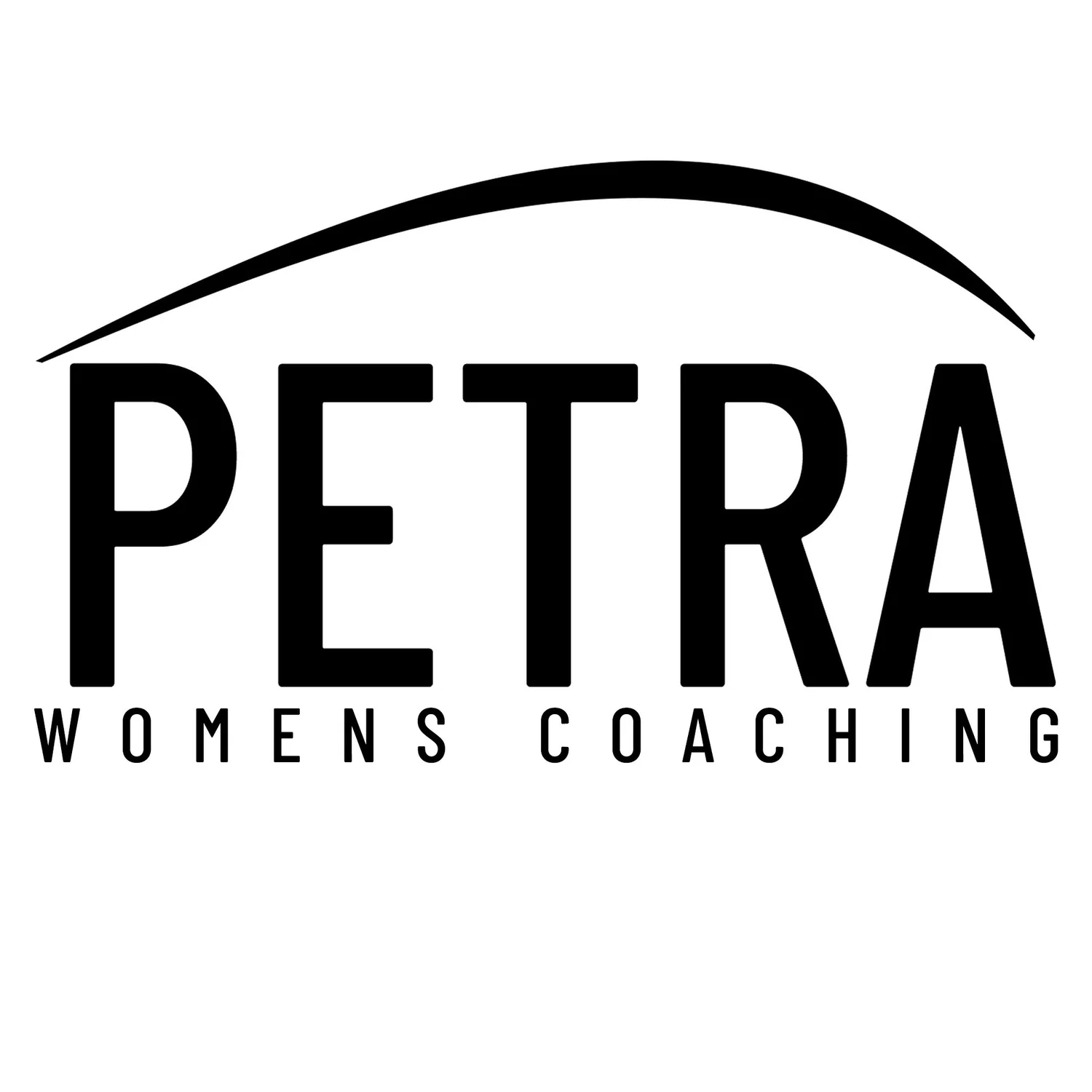Menopause Supplements—Overhyped, Under-Delivered? Here’s What Actually Helps
Scroll through any health aisle or scroll online, and you’ll find a booming market of “menopause support” supplements. But how many actually deliver? And at what cost—financially and medically?
Vitamin D: The One to Know
The NHS recommends a 10 micrograms daily vitamin D supplement, not specifically for menopause, but because many adults don’t receive sufficient sunlight-derived vitamin D year-round .
Why Food-Based Nutrition Is the Most Powerful Medicine
Multiple sources underscore that a well-rounded diet rich in whole foods is more effectively absorbed and supports long-term health in ways supplementation alone cannot:
• Decreased estrogen affects not just mood and bones, but overall metabolism and nutrient uptake .
• Key nutrients—protein, fiber, omega-3s, calcium, magnesium, and phytoestrogens—are essential and best absorbed from food .
• Diets rich in plant-based, whole foods support hormonal health, cardiovascular and bone health and reduce long-term disease risk .
Risks of Supplement Overuse
Just because something is “natural” doesn’t mean it’s safe:
• Some supplements may interact with existing medications or exacerbate health issues.
• Unnecessary supplementation can be wasteful—and in some cases, risky if taken without guidance.
Always Consult Before You Supplement
If you’re considering a supplement—especially beyond vitamin D—talk to a GP or registered dietitian who can assess your individual needs, nutrition status and any medication interactions.
Bottom Line
Menopause isn’t a “fix” that comes in a bottle. Its most effective support lies in:
• Nourishing your body with whole, nutrient-dense foods
• Managing stress, prioritising sleep and staying active—especially with strength training
• Using supplements like vitamin D only when needed—and under professional advice
A healthy lifestyle isn’t sexy marketing—it’s science-backed well-being.
